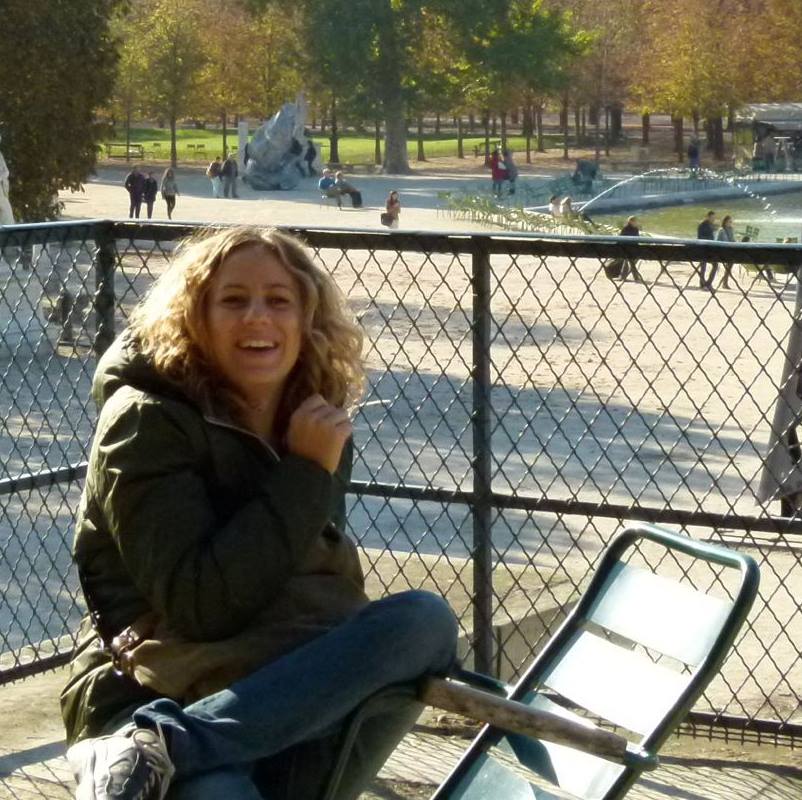The House of Lords Select Committee on Soft Power and the UK’s Influence has published its Report, Persuasion and Power in the Modern World. The NPCU's Prof. Ben O'Loughlin was specialist advisor to the committee. Read the report: html or pdf.
The Committee found that British influence and effectiveness in a changed world now requires different methods of exercising power, in order to safeguard national security and maintain prosperity. The nature and distribution of power is altering because of the transformation of global communication, and government must adapt or lose influence. Put simply, the question of communication is at the heart of international affairs in the 21st century, and this will have major consequences.
While strong Armed Forces remain the bedrock in safeguarding national interests, the Report argues that new kinds of power projection are now required, both to make the use of force (‘hard power’) more effective and in some instances to replace it with the deployment of what has been labelled ‘soft power’.
Soft power involves getting what a country wants by influencing other countries to want the same thing, through attraction, persuasion and co-option.
The Committee says that the information and digital revolution has transformed foreign relations, meaning that the UK must win over new and wider audiences to its point of view. The Report points out that countries worldwide have re-directed resources towards soft power methods of influence.
To ensure that the exercise of soft power takes its place at the core of government policy-making, the Report calls for the creation of a new strategic unit at the heart of Government. Its purpose would be to assist the Prime Minister in ensuring all Departments understand the importance of soft power and of upholding the UK’s reputation, and in swiftly counteracting any potentially damaging policies or messages.
While investing in soft power takes time to produce results, the Report urges the Government to make a number of important changes:
- The Committee welcomes the growing number of British embassies and consulates, but urges that embassies be fully resourced as they become more central to the UK’s aims.
- The Committee endorses the widespread view that international students be removed from net migration targets.
- The Report calls for stronger recognition of the potential of the Commonwealth network, which opens the door to new fast-growth world markets. It urges stronger Government support for British English. It also welcomes the re-opening of the FCO Language Centre.
- The Committee calls for a review of how well the MOD, the FCO and DFID have cooperated in Afghanistan.
- The Committee also calls on UKTI to encourage more follow-up work after trade missions.
- The Report suggests that the UK should act with greater confidence on the international stage, while building its relationships with both old allies and new partners.
Over the past year Ben and the team received an astonishing volume of written evidence and heard oral evidence from leading figures across all sectors of UK industry, culture and politics, as well as diplomats, ambassadors and experts from other countries who put the UK's soft power in comparative perspective. For further information about the report please contact Ben.OLoughlin@rhul.ac.uk.







